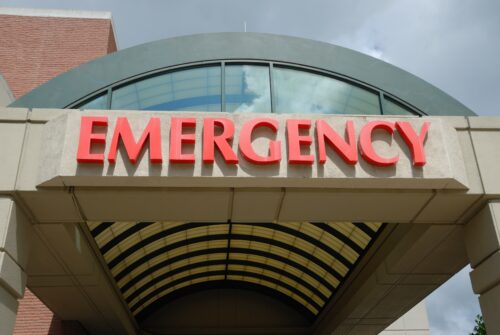
Personal injury cases do not happen often for most people, but when they do, they can be intimidating. The whole process can come off as daunting for some, potentially leaving an individual in the dark regarding what comes next. Thankfully, the personal injury attorneys in Baltimore County at Markey & Orsi are here to help.
First and foremost, before speaking to anyone else, it is paramount to arrange a consultation with a personal injury attorney after the accident. The purpose of this get-together is so a lawyer can properly assess the context of the case. Primarily, to see if another party’s negligence is the possible cause of your injury.
How do you file a personal injury claim?
Following the initial consultation session, an attorney will proceed to investigate the situation further to see if any more evidence or information can be found that you were unable to provide. A proper and thorough investigation must be completed before any other steps are taken. Because personal injury investigations require a lot of legwork and can vary depending on the nature of the case, an attorney may:
- Check security footage
- Check accident reports
- Check police reports
- Interview witnesses
- Consult experts
- Research applicable cases
After an investigation has been completed, an attorney will reach out to the at-fault party’s insurance company to file a personal injury claim.
Once the claim is filed, the insurance provider will likely make a settlement offer, which you can accept or reject. . If both parties reach an agreement on the settlement, the matter is settled. However, if neither side can agree on a final offer, then you can take the claim to trial.
What will happen if you take your claim to court?
A court will look over the facts of the case, allowing both parties to make their claims and counterclaims. The first part of a personal injury court case is the discovery phase. During this time, both parties collect all relevant evidence and information readily available to prepare for trial. Sometimes this can also involve depositions from expert witnesses as well as testimonies under oath.
Both parties may have a chance to negotiate a settlement via mediation before trial. If an agreement still can not be reached, the case will be taken to a judge and jury who will make a final decision based on the evidence presented to them. If either side finds the jury’s verdict unsatisfactory, they can file for an appeal. However, if either party wishes to appeal the verdict, it can take years to resolve.